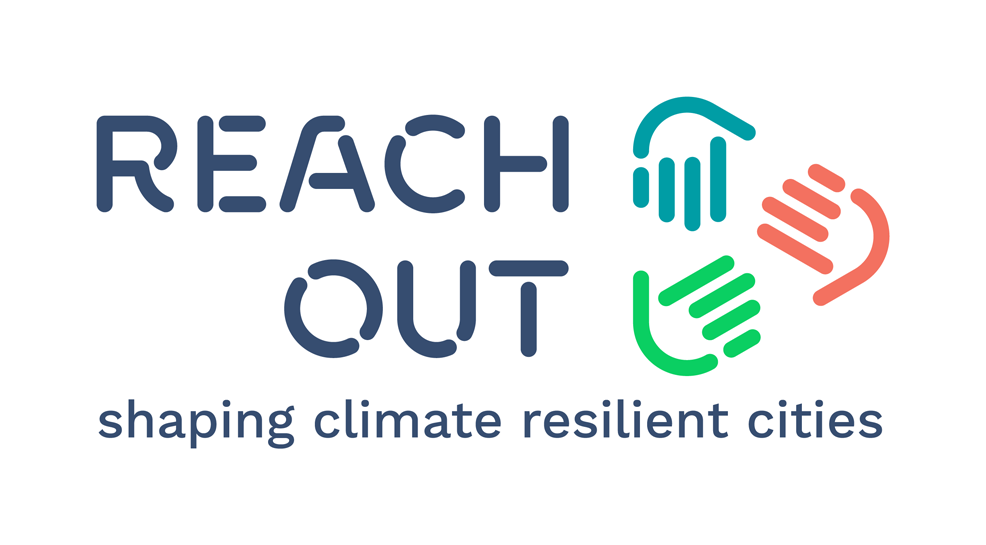Foto von Kelly Sikkema auf Unsplash
In 2018 the European Commission presented the Long-Term Strategy for a climate neutral Europe. The EU Climate Law, adopted in June 2021, includes the binding target of a climate neutral EU economy by 2050. It calls for the European Commission to set a climate target for the EU for 2040. When proposing a climate target for 2040, the Climate Law requires the Commission to consider the social, economic, and environmental impacts, including the costs of inaction. The study "Macro-economic / top-down assessment of climate impacts on the EU economy" by Ramboll, SEURECO and Ecologic Institute aims to assist the Commission by providing a solid assessment of the costs of climate impacts in the EU, with a particular focus on the economic and social (distributional) costs which, according to the existing scientific evidence, could be potentially very significant. By doing so, this study will complement and fill important gaps that emerge from the quantified evidence at global and EU levels.
The main goals of the project are to:
- Provide qualitative and quantitative insights on the impacts of major potential hazards on key macro-economic variables.
- Identify the dissemination channels across the economy of climate-related shocks at sectoral level, including impacts on GDP, sectoral output, employment, distributional effects, and public finances.
- Consider the extent to which the impacts of climate-related shocks may affect the ability of the EU to achieve its mitigation targets (e.g., via impacts on public finances, investment shocks or other).
Ecologic Institute is leading Task 1 of the project, a literature review on the socio-economic costs of inaction and climate-related hazards and a review of available data on the costs of climate-related events. The review includes the implications of climate tipping points and climate damage functions. The second task of the study will result in a model-based economic analysis, proposing and simulating six scenarios to assess the macro-economic implications of climate-related hazards.




